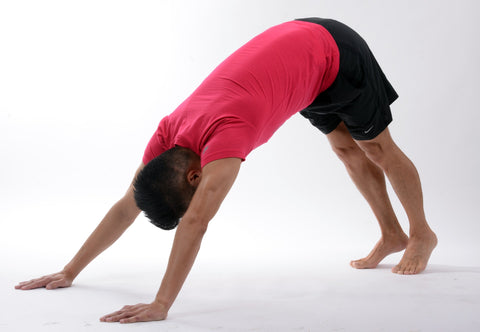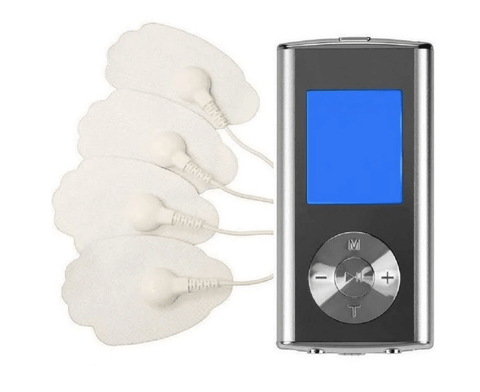Successfully training for a race is an involved process of practice runs and recovery. Unfortunately many times, people forget that second vital part of the process… recovery. Making time for a run is difficult sometimes, I know, so making time for a healthy recovery sounds truly impossible but you must make the time.
While you clearly won’t always have the time to perform each step of the “perfect” recovery process you should always try to fit as much as you can. A better recovery will help you be at your best always.
Hydrate
The most obvious, you need to make sure you stay hydrated before and after your runs. After finishing your run you should begin rehydrating within the first 10 - 15 minutes.
Even if the temperature was cool and you don’t feel like you need it, you still need to replace the fluids you lost sweating. If not water, have a sports drink to replace your electrolytes.
Have a Snack
Once you have hydrated, you will want to fuel up with a small snack. You should try to get a snack in within 25 - 30 minutes of finishing your run. Try something like yogurt and granola, dried fruit, chocolate milk or a spoonful of peanut butter. The ideal snack should have a ratio of 4 to 1 of carbohydrates to protein to help repair and restore muscles. Sports dietitian Leslie Bonci recommends aiming for 12 to 15 grams protein, and 35 to 50 grams of carbohydrates, and not much more, to prevent overeating and keeping weight in check.
Stretch
With your snack in hand you should begin your stretching routine. It is recommend to begin stretching within 25 - 30 minutes after finishing your run and last anywhere from 10 - 15 minutes.

You want to focus on major muscle groups like quads, hamstrings, calves, and hips as well as any other muscles that are nagging you. While stretching is hotly debated in running, research has proven that stretching after exercise does help prevent injuries. It is recommended that you stretch with mild to moderate force for 15-30 seconds two to three times is the most effective method to increase muscle length and reduce injury. Any additional stretching was shown to have no more benefits.
Bath Time
Now I can’t say that I’m this sadistic but an ice bath is a great way to help with recovery. This is a practice I have yet to try but would love to at some point. Fill your bathtub up with cold water and add some ice. Once the water temperature reaches around 55 - 60 degrees Fahrenheit you are good to go. Lower yourself up to your hips into the water. Now from what I have read the first 3 minutes is the worst of it so just hold on tight. It is recommended to stay in for around 10 - 15 minutes.

Eat a Well Balanced Meal
Now that you have had some time to cool down, it is time to refuel. A well balanced meal within 1 - 2 hours after you run is the ideal time to eat. You want to consume a high quality meal with a good balance of carbohydrates, proteins and fats. This will provide your body with the nutrients it needs to top off your recovery process.
Relax
After your meal try to take a short nap, get a massage, or just put your feet up. If you can’t get out for a massage try using a TENS unit. I personally have found great success in my recovery rate using one. I specifically use this TENS unit which I would highly recommend, it has saved me many trips and money to go to the chiropractor or getting a massage.

Bed Time
Once the day is winding down try taking a warm bath with epsom salts for around 10 - 15 minutes. After that roll yourself out with The Stick and get in a good stretch. Not only will this help remove excess toxins from your muscles but rolling out and stretching will help you wake up the next day feeling well prepared for your next run.
The last thing you need to do, maybe the most important step is to get a good night rest. Everyone has their magic number but you should shoot for the standard 8 hours if you can. Since the body recovers fastest while you sleep it is a great way to recuperate quickly.
Recovery is Important
I hope that some of these tips help you out during your training. While I’m sure you can’t fit every step of recovering into you schedule fitting some of these things into your training is vital to your success. Good luck in your training, cheers!


